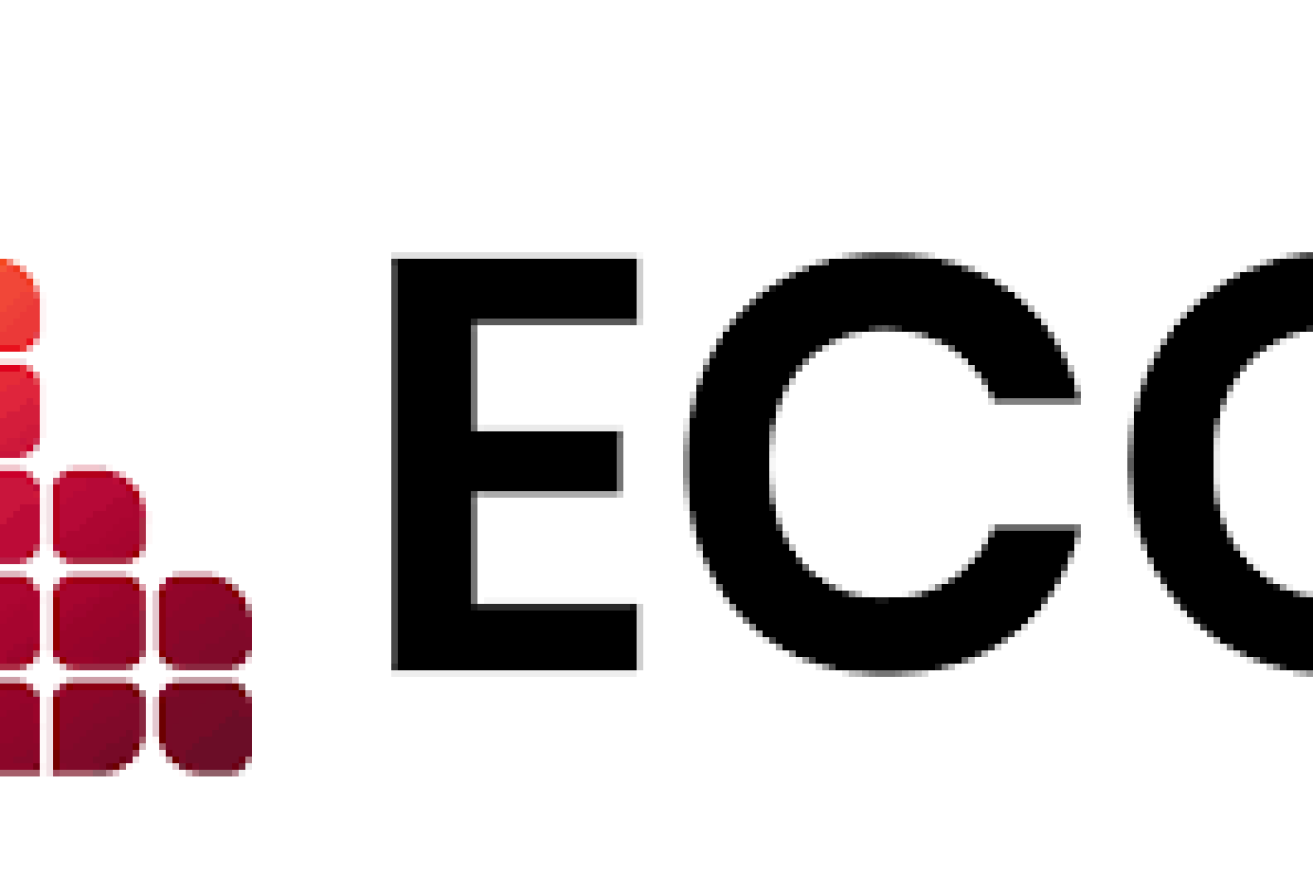Political donations laws face scrutiny, from two angles
A conservative think tank is set to challenge Queensland’s political donation laws, arguing the ban on cash from developers unfairly impacts on anyone wanting to influence government policy – not only political parties.

But before the Australian Institute for Progress gets its day in court it may have to tell the Electoral Commission of Queensland who its own donors are, amid evidence they are already banned under the laws.
The institute has launched Supreme Court action, to be argued by former government solicitor-general Peter Dunning, QC, following a failed High Court challenge by one-time Liberal National Party president Gary Spence.
The institute’s executive director, Graham Young, last month asked the commission for advice after learning the Property Council believed it could not donate to any entity – not just parties – that campaigned for or against a political party.
The commission advised the institute could be defined as a third party under the laws and therefore already in breach by taking money from prohibited donors.
Young has told supporters the ramifications are wide-reaching.
“If the commission is correct it will mean that any organisation that is involved in political advocacy in this state will be unable to have property developers pay to go to their functions, or donate money to them,” Young said.
“We are talking not just about organisations like ours, but churches, environmental organisations, sporting clubs, welfare organisations and so on, all of whom occasionally want to influence government policy.
“We do not believe that this is tenable in a democracy, and that the laws were introduced to favour the Labor government.”
The commission – which has already forced parties to repay money – asked the institute for details of its donors by tomorrow. In an affidavit for the court action, ostensibly prepared by Young, the institute said its “diverse” funding sources “do include some property developers who are prohibited donors for the purposes of the Electoral Act”. It also acknowledged some links to the Liberal National Party but insisted the institute was ideological (centre-right) rather than political.
The laws – which arose from concerns developer donations were a corruption risk – have curtailed campaign funds for the LNP, in particular, ahead of the council elections and by-elections later this month and the state election in October.
Young, in a message to supporters, asked for donations to help fund the legal challenge. Dunning declined to comment.
Attorney-General and Minister for Justice Yvette D’Ath said the government stood by the laws, which were designed to “remove undue influence in politics”.
“It’s important that we don’t create loopholes that can be used by third parties to circumvent these laws,” D’Ath said.
“Ultimately, this issue is a matter for the courts.”












